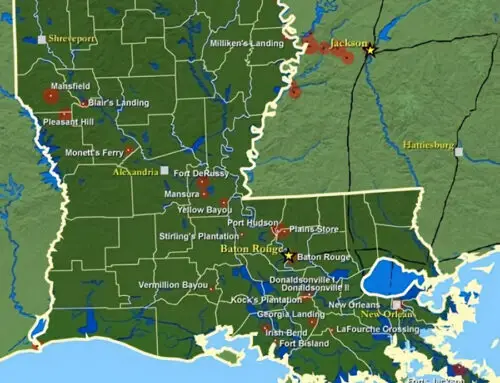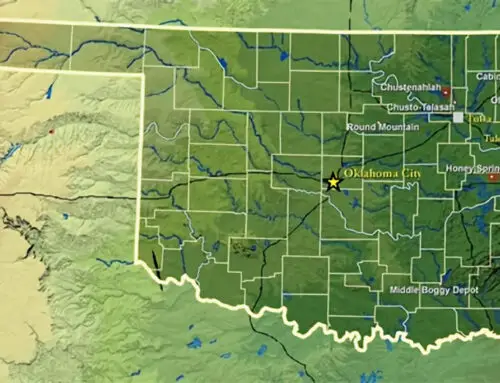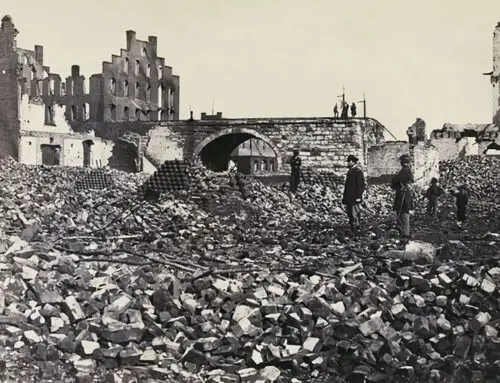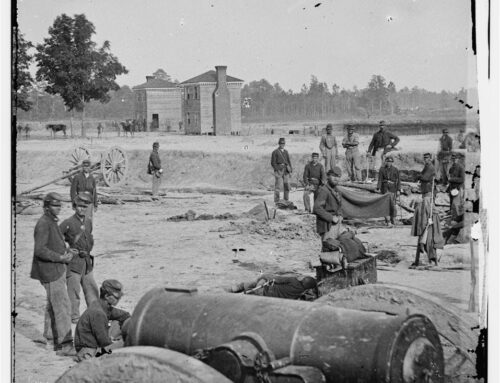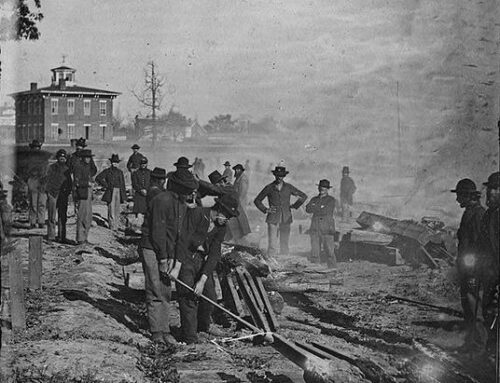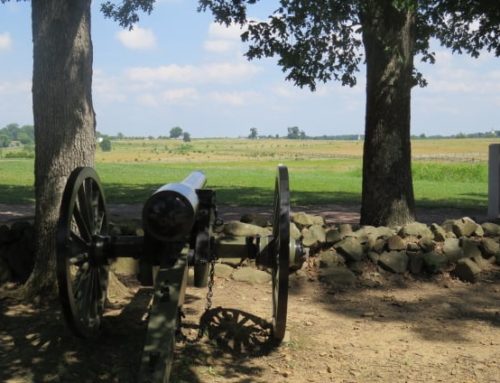The state of Florida did not see much fighting during the war.
The largest battle fought was the battle of Olustee fought in 1864.
This was a Confederate victory, however the southerners did not take advantage of this victory and allowed the retreating Union forces to escape.
I think one of the most interesting events that occured in Florida was at Tampa. One Union gunboat arrived in the bay and demanded the surrender of the entire town.
After firing a few shots at Tampa the gunboat withdrew leaving the town in Confederate hands.
Below is a list of all Civil War battles in Florida.
They are in the order in which they occurred during the Civil War.
Santa Rosa Island
Civil War Battles in Florida
Other Names: None
Location: Escambia County
Campaign: Operations of Gulf Blockading Squadron (1861)
Date(s): October 9, 1861
Principal Commanders: Col. Harvey Brown [US]; Confederate Brig. Gen. Richard H. Anderson [CS]
Forces Engaged: Santa Rosa Island Garrison (approx. 600 men) [US]; infantry and artillery detachments (approx. 1,000 men) [CS]
Estimated Casualties: 154 total (US 67; CS 87)
Description: After midnight on October 9, Brig. Gen. Richard Anderson crossed from the mainland to Santa Rosa Island with 1,000 men in two small steamers to surprise Union camps and capture Fort Pickens. He landed on the north beach about four miles east of Fort Pickens and divided his command into three columns. After proceeding about three miles, the Confederates surprised the 6th Regiment, New York Volunteers, in its camp and routed the regiment. Col. Harvey Brown sallied against the Confederates, who reembarked and returned to the mainland.
Result(s): Union victory
Tampa
Civil War Battles in Florida
Other Names: Yankee Outrage at Tampa
Location: City of Tampa
Campaign: Operations against Tampa (June-July 1862)
Date(s): June 30-July 1, 1862
Principal Commanders: Capt. A.J. Drake [US]; Capt. J.W. Pearson [CS]
Forces Engaged: One gunboat [US]; Osceola Rangers, company [CS]
Estimated Casualties: None
Description: On June 30, a Union gunboat came into Tampa Bay, turned her broadside on the town, and opened her ports. The gunboat then dispatched a launch carrying 20 men and a lieutenant under a flag of truce demanding the surrender of Tampa. The Confederates refused, and the gunboat opened fire. The officer then informed the Confederates that shelling would commence at 6:00 pm after allowing time to evacuate non-combatants from the city. Firing continued sporadically into the afternoon of July 1, when the Federal gunboat withdrew.
Result(s): Confederate victory (Inconclusive, but Union gunboat withdrew.)
St. John’s Bluff
Civil War Battles in Florida
Other Names: None
Location: Duval County
Campaign: Expedition to St. John’s Bluff (1862)
Date(s): October 1-3, 1862
Principal Commanders: Brig. Gen. John M. Brannan [US]; Lt. Col. Charles F. Hopkins [CS]
Forces Engaged: Expeditionary Force: 2 infantry regiments, a light artillery battery and detachment of the 1st Massachusetts Cavalry (total force 1,573) [US]; a small artillery and cavalry force [CS]
Estimated Casualties: Unknown
Description: Brig. Gen. John Finegan established a battery on St. John’s Bluff near Jacksonville to stop the movement of Federal ships up the St. Johns River. Brig. Gen. John M. Brannan embarked with about 1,500 infantry aboard the transports Boston, Ben DeFord, Cosmopolitan, and Neptune at Hilton Head, South Carolina, on September 30. The flotilla arrived at the mouth of the St. John’s River on October 1, where Cdr. Charles Steedman’s gunboats, Paul Jones, Cimarron, Uncas, Patroon, Hale, and Water Witch joined them. By midday, the gunboats approached the bluff, while Brannan began landing troops at Mayport Mills. Another infantry force landed at Mount Pleasant Creek, about five miles in the rear of the Confederate battery, and began marching overland on the 2nd. Outmaneuvered, Lt. Col. Charles F. Hopkins abandoned the position after dark. When the gunboats approached the bluff the next day, its guns were silent.
Result(s): Union victory
Fort Brooke
Civil War Battles in Florida
Other Names: None
Location: Tampa
Campaign: Expedition to Hillsborough River (1863)
Date(s): October 16-18, 1863
Principal Commanders: Lt. Comdr. A.A. Semmes [US];Capt. John Westcott [CS]
Forces Engaged: Tahoma, Adela, and landing force [US]; Company A, 2nd Battalion, Florida Volunteers [CS]
Estimated Casualties: Unknown
Description: Two Union ships bombarded Fort Brooke on October 16 as a diversion, while a landing party under Acting Master T.R. Harris disembarked at Ballast Point and marched 14 miles to the Hillsborough River to capture several steamers. Harris and his men surprised and captured the blockade running steamer Scottish Chief and sloop Kate Dale. The Rebels destroyed the steamer A.B. Noyes to preclude her capture. On its way back to the ship, Harris’s force was surprised by a detachment of the garrison, causing casualties.
Result(s): Union victory
Olustee
Civil War Battles in Florida
Other Names: Ocean Pond
Location: Baker County
Campaign: Florida Expedition (1864)
Date(s): February 20, 1864
Principal Commanders: Brig. Gen. Truman Seymour [US]; Brig. Gen. Joseph Finegan [CS]
Forces Engaged: Division [US]; District of East Florida [CS]
Estimated Casualties: 2,806 total (US 1,860; CS 946)
Description: In February 1864, the commander of the Department of the South, Maj. Gen. Quincy A. Gillmore, launched an expedition into Florida to secure Union enclaves, sever Rebel supply routes, and recruit black soldiers. Brig. Gen. Truman Seymour moved deep into the state, occupying, destroying, and liberating, meeting little resistance on February 20, he approached Brig. Gen. Joseph Finegan’s 5,000 Confederates entrenched near Olustee. One infantry brigade pushed out to meet Seymour’s advance units. The Union forces attacked but were repulsed. The battle raged, and as Finegan committed the last of his reserves, the Union line broke and began to retreat. Finegan did not exploit the retreat, allowing most of the fleeing Union forces to reach Jacksonville.
Result(s): Confederate victory
Natural Bridge
Civil War Battles in Florida
Other Names: None
Location: Leon County
Campaign: Operations near St. Marks, Florida (1865)
Date(s): March 6, 1865
Principal Commanders: Maj. Gen. John Newton [US]; Maj. Gen. Sam Jones [CS]
Forces Engaged: 2nd U.S. Colored Infantry and 99th U.S. Colored Infantry [US]; Kilcrease Artillery; Dunham’s Battery; Abell’s Battery; 5th Florida Cavalry; 1st Florida Militia; Barwick’s Company Reserves; Hodges Company Reserves; Company A, Milton Light Artillery; Companies A, B, and F, Reserves and reinforcements from Georgia amounting to approx. 1,000 men [CS]
Estimated Casualties: 174 (US 148; CS 26)
Description: Maj. Gen. John Newton had undertaken a joint force expedition to engage and destroy Confederate troops that had attacked at Cedar Keys and Fort Myers and were allegedly encamped somewhere around St. Marks. The Navy had trouble getting its ships up the St. Marks River. The Army force, however, had advanced and, after finding one bridge destroyed, started before dawn on March 6 to attempt to cross the river at Natural Bridge. The troops initially pushed Rebel forces back but not away from the bridge. Confederate forces, protected by breastworks, guarded all of the approaches and the bridge itself. The action at Natural Bridge lasted most of the day, but, unable to take the bridge, the Union troops retreated to the protection of the fleet.
Result(s): Confederate victory
Source: https://www.nps.gov/civilwar/search-battles.htm# No protection is claimed in original U.S. Government works


